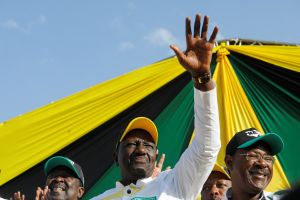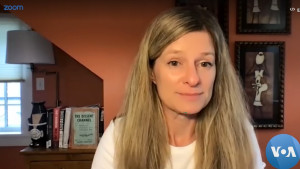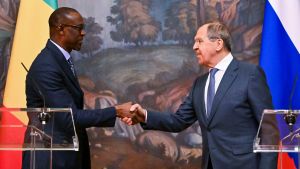Kenya Has New President, But Election Might Not Be Over Yet
 Play Podcast
Play Podcast
About the Episode
William Ruto has been declared winner of Kenya’s presidential election, after edging out longtime opposition leader Raila Odinga by a narrow margin. Odinga has refused to concede, will likely challenge the results in court, and his supporters took to the streets to protest in the election center. Uppsala University’s Kathleen Klaus and International Crisis Group’s Murithi Mutiga join Deep Dish guest host Elizabeth Shackelford to unpack election results, what it means for Kenya, the broader region, and democracy on the continent.
Like the show? Leave us a rating and review wherever you get your podcasts.






Related Content
 Global Politics
Global Politics
"Kenyan elections have a troubled history, but with democracy declining across the globe, Kenya this year stands out as a possible ray of hope," writes Elizabeth Shackelford.
 US Foreign Policy
US Foreign Policy
"There's a little bit of FOMO if we aren't going to be there, that we're afraid of missing out on places that Russia and China are really prioritizing."
 Food and Agriculture
Food and Agriculture
Amid shifts towards inclusive agricultural development, the Center for Global Food and Agriculture offers policy recommendations for further US government action.
